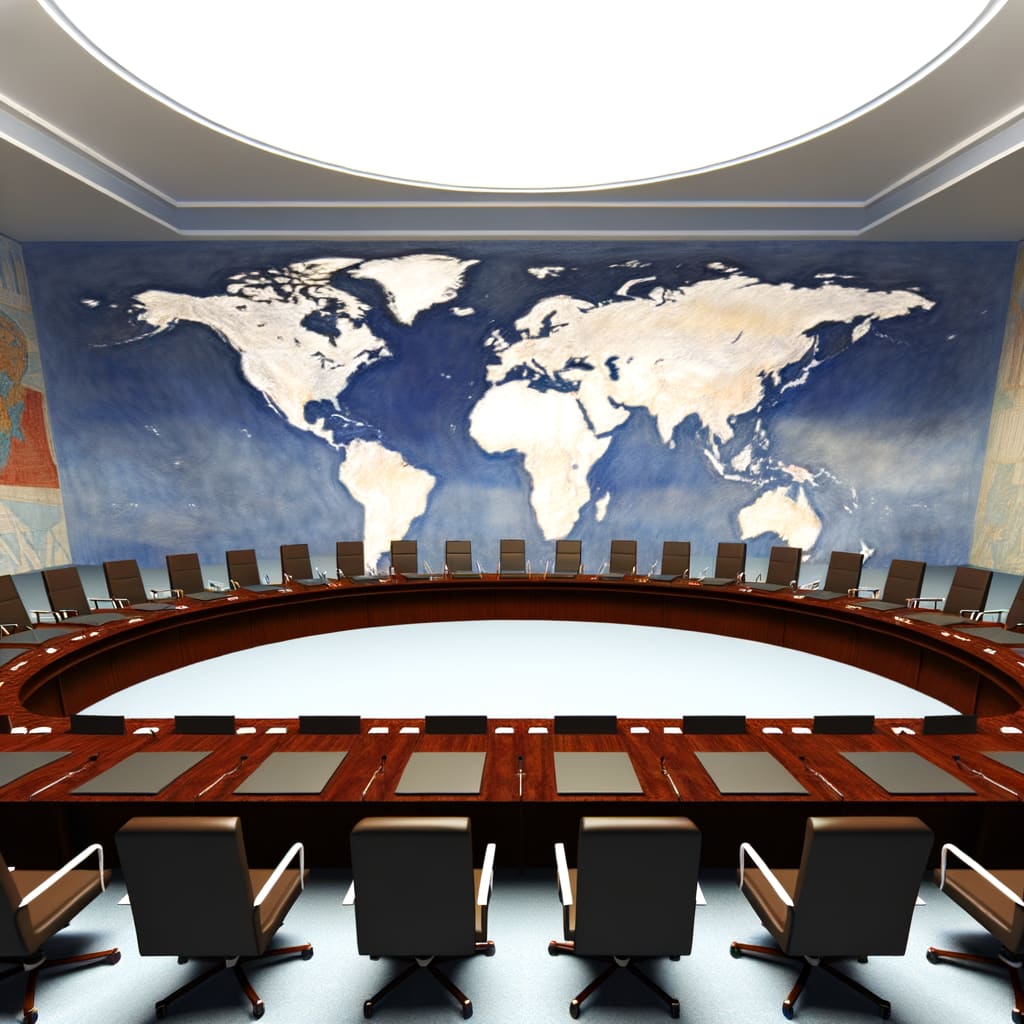U.S. Increases Pressure on Venezuela; Trump Open to Talks with Maduro
In a rapidly escalating situation, President Trump has signaled a willingness to engage in talks with Venezuelan President Nicolás Maduro, even as the U.S. intensifies its military presence in the region. This move comes amidst a broader strategy by the U.S. to reassert control over the Western Hemisphere, a policy which has sparked widespread regional alarm.
Background and Context
The U.S. has recently launched operation 'Spear of the South' against 'narco-terrorists' and 'cartel head' Nicolas Maduro, moving heavy firepower into the Caribbean. This move is seen by observers as a bid for regime change in Caracas and an attempt to reassert U.S. power amid the rising influence of China and Russia in the region.
This policy of rewarding allies and punishing rivals, known as the 'Donroe Doctrine', has significantly upended the region's politics. Trump's administration has also been accused of attempting to control access to Venezuela's vast oil reserves.
Key Developments
Trump's administration has tightened its grip on the Americas, escalating tensions in the region. The U.S. military has recently carried out a strike on a suspected drug-trafficking boat in the Pacific, resulting in the death of three alleged drug traffickers. This operation has been severely criticized by regional leaders, including Colombian President Gustavo Petro, who has called for a high-level security meeting with the U.S., China, and regional partners.
In response to these developments, Maduro expressed his readiness to engage in talks with President Trump, stating that any attack on the Venezuelan people would be unacceptable. In a television program, Maduro stated his preference for diplomacy with the U.S.
Interestingly, despite the increased pressure and military threats, House Democrats have pressed for a vote to bar military action in Venezuela, invoking the War Powers Act.
Reactions and Implications
The Trump administration's actions and intentions have been met with mixed reactions globally. While some Venezuelans welcome the possibility of regime change, others, including Maduro, have condemned the U.S.'s actions. Critics argue that Trump's ambiguous foreign policy blending threats and outreach keeps opponents uncertain of U.S. intentions, potentially risking miscalculation.
Meanwhile, tensions have escalated in the region, with the arrival of the USS 'Gerald R. Ford' aircraft carrier off the Venezuelan coast. The U.S.'s adversarial stance towards Venezuela has put a spotlight on the country's allies, who are unlikely to assist Maduro in fending off a concerted attack.
Current Status and Conclusion
While President Trump has suggested that a decision could come soon on whether or not to take military action against Venezuela, he also stressed that he has not planned or authorized any land-based military strikes against the South American nation. Given the escalating tensions and the potential for miscalculation, the situation in Venezuela remains uncertain and volatile.

